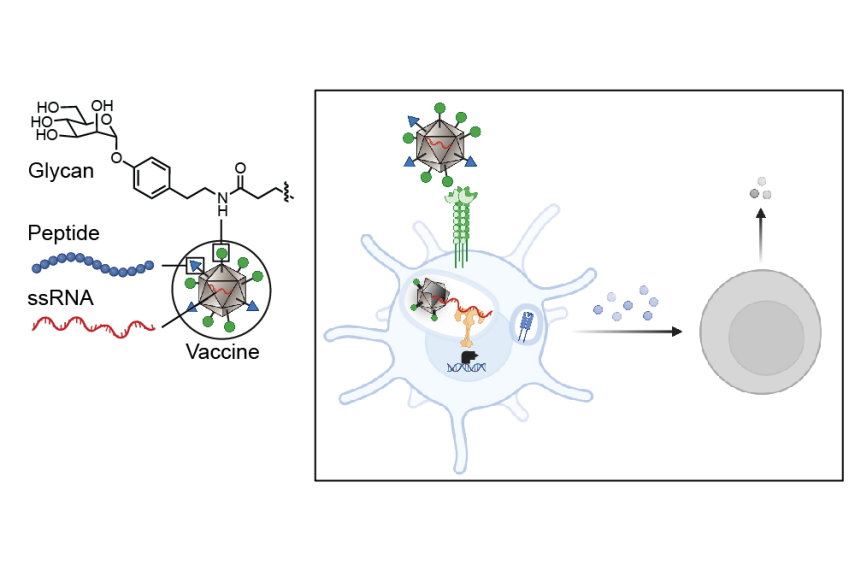
A new way to reprogram immune cells and direct them toward anti-tumor immunity
MIT scientists’ discovery yields a potent immune response, could be used to develop a potential tumor vaccine.
Read the Article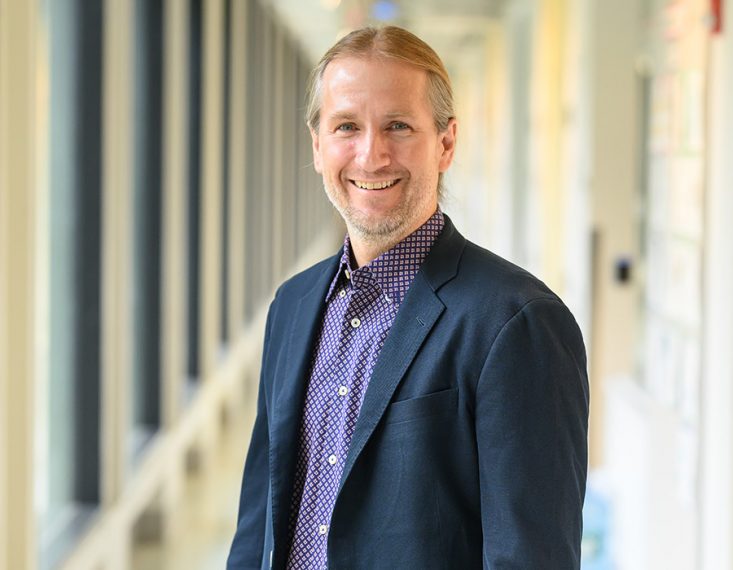
Johnson wins 2025 Carl S. Marvel Award for Creative Polymer Chemistry
This award recognizes accomplishments and/or innovation of unusual merit in the field of basic or applied polymer science by younger scientists.
Read the Article
MIT chemists explain why dinosaur collagen may have survived for millions of years
The researchers identified an atomic-level interaction that prevents peptide bonds from being broken down by water.
Read the Article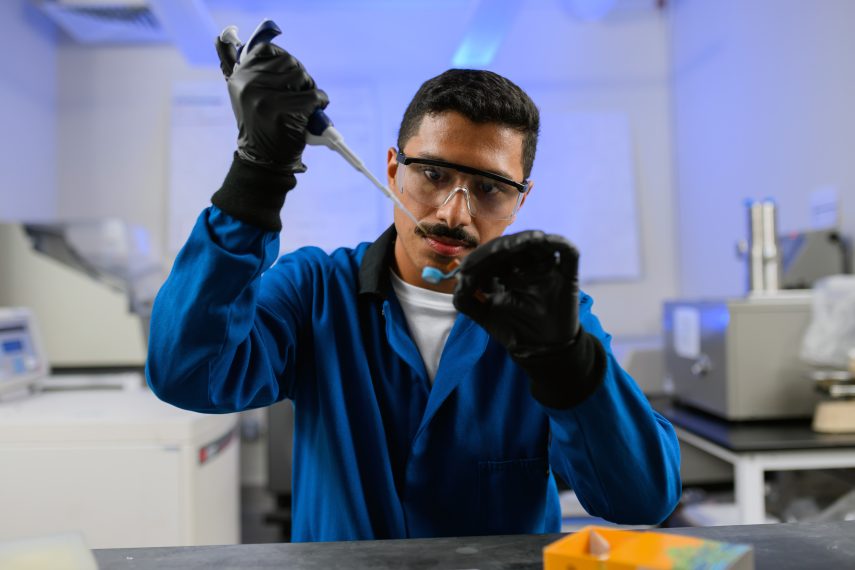
Engineering proteins to treat cancer
PhD student Oscar Molina seeks new ways to assemble proteins into targeted cancer therapies, while encouraging his fellow first-generation graduate students.
Read the Article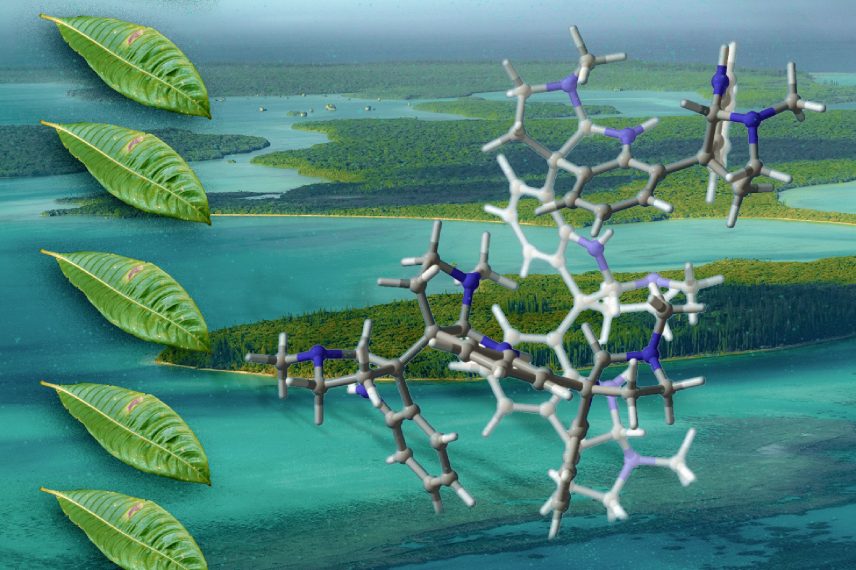
MIT chemists synthesize plant-derived molecules that hold potential as pharmaceuticals
Large multi-ring-containing molecules known as oligocyclotryptamines have never been produced in the lab until now.
Read the Article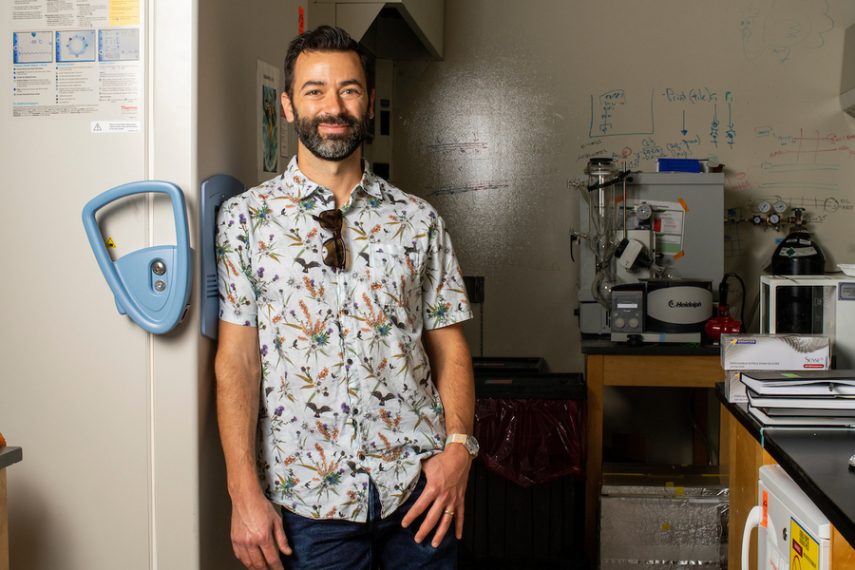
Alex Shalek named director of the Institute for Medical Engineering and Science
Professor who uses a cross-disciplinary approach to understand human diseases on a molecular and cellular level succeeds Elazer Edelman.
Read the Article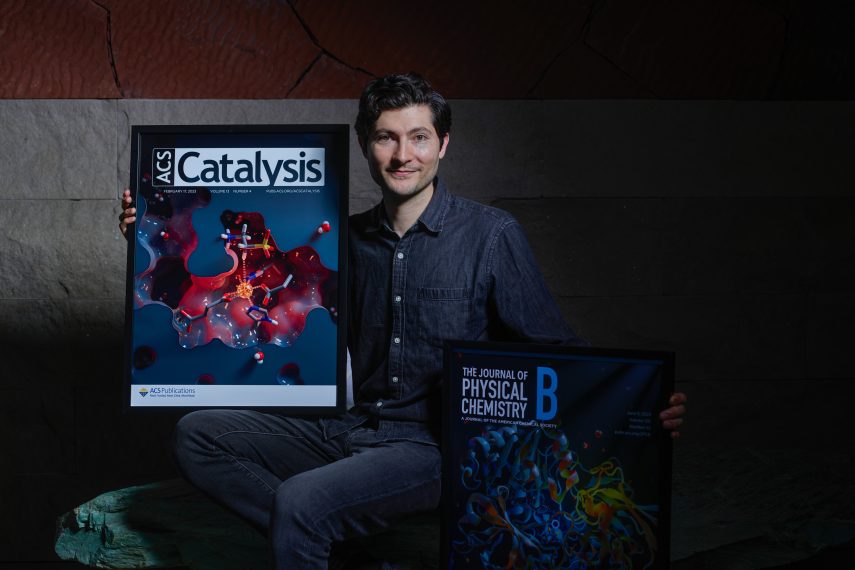
The art of the enzyme
Bioengineer and artist David Kastner seeks to unlock the secrets of catalysis and improve science communication through eye-catching visuals.
Read the Article
License plates of MIT
Custom plates display expressions of scholarship, creativity, and MIT pride among Institute affiliates.
Read the Article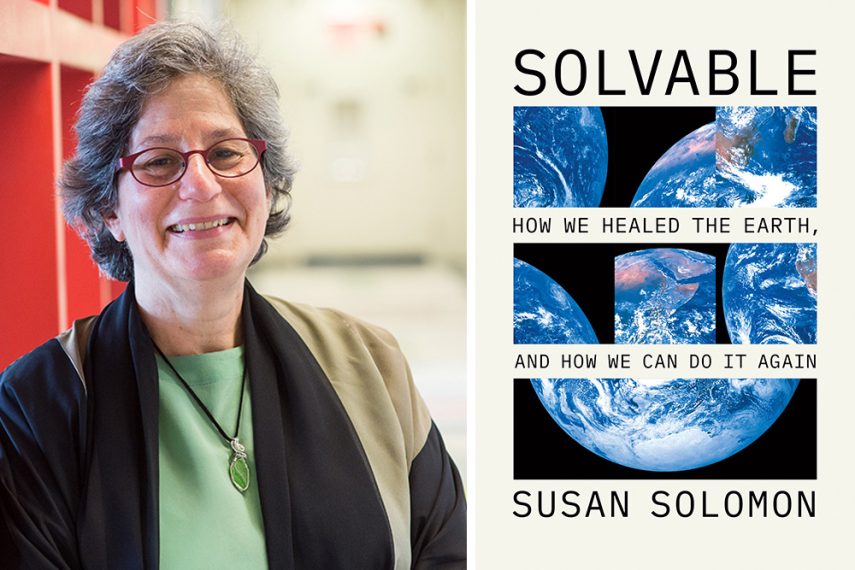
Q&A: What past environmental success can teach us about solving the climate crisis
In a new book, Professor Susan Solomon uses previous environmental successes as a source of hope and guidance for mitigating climate change.
Read the Article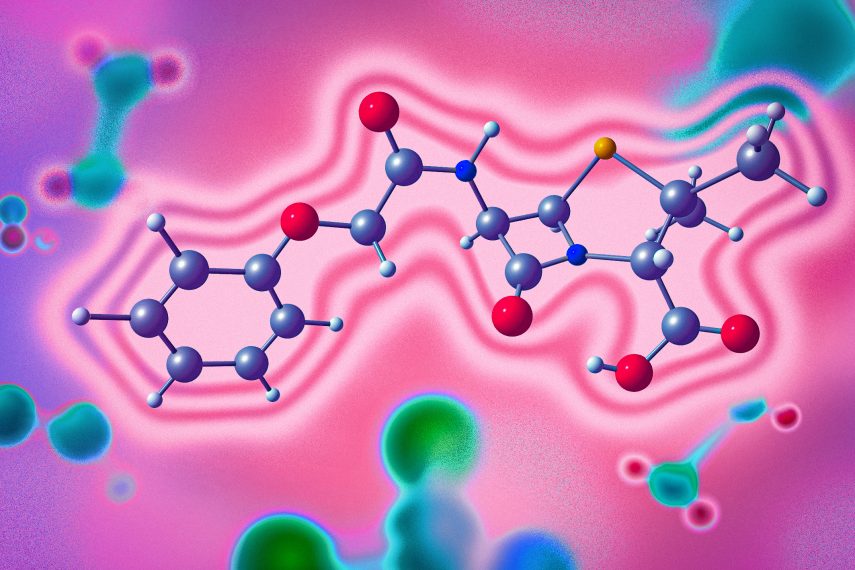
Scientists use computational modeling to guide a difficult chemical synthesis
Using this new approach, researchers could develop drug compounds with unique pharmaceutical properties.
Read the Article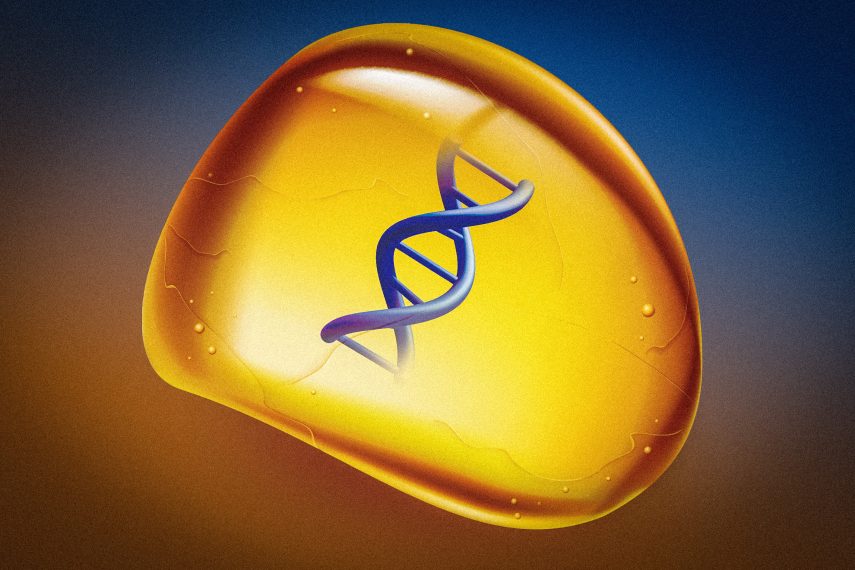
Scientists preserve DNA in an amber-like polymer
With their “T-REX” method, DNA embedded in the polymer could be used for long-term storage of genomes or digital data such as photos and music.
Read the Article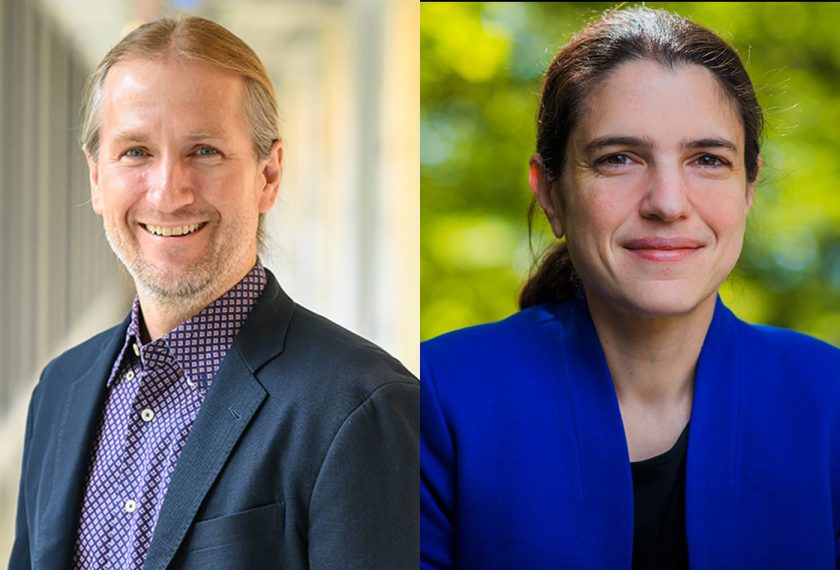
Jeremiah Johnson and Heather Kulik among the winners of the Royal Society of Chemistry’s 2024 Materials Chemistry Horizon Prize
The prize was given for demonstrating the potential and impact of embedded mechanochemical reactivity on the mechanical limits of cross-linked polymer networks.
Read the Article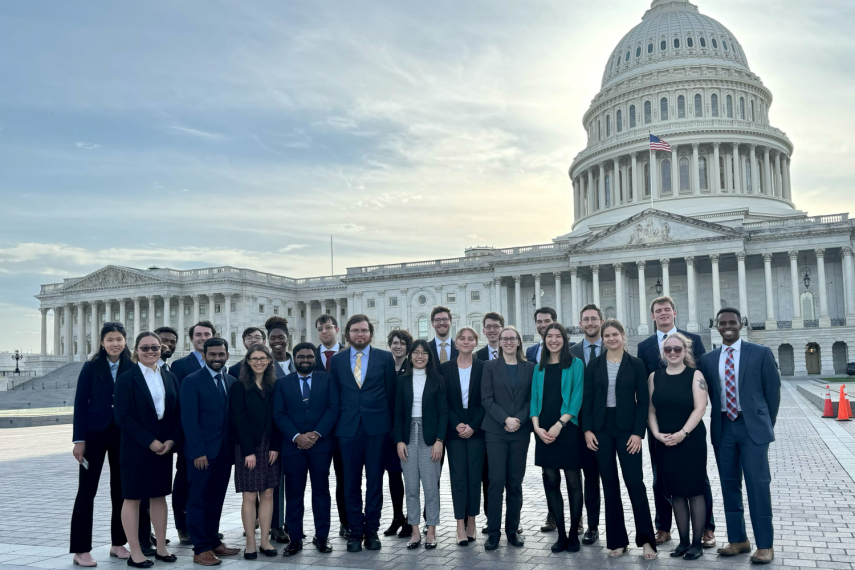
Advocating for science funding on Capitol Hill
PhD students and postdocs recently met with legislators to share expertise and advocate for science agency funding.
Read the Article